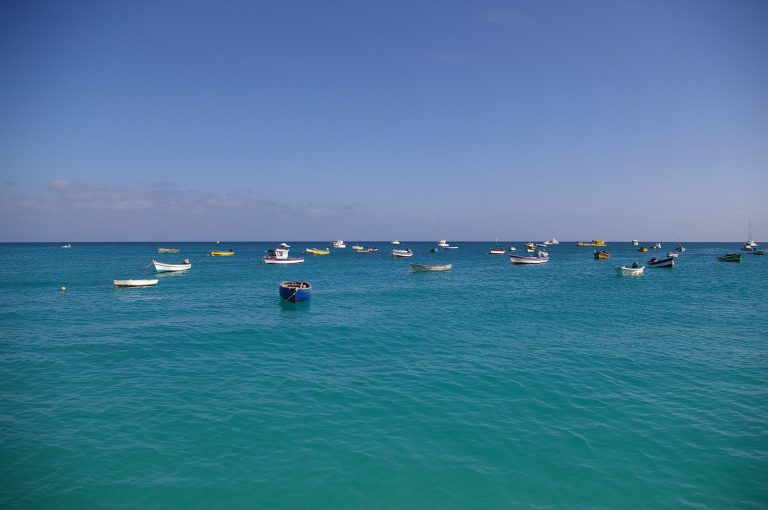Culture Cape Verde
The Cape Verde islands benefit from white sandy beaches but also boasts volcanic peaks that rise dramatically to over 1,400 metres and then plunge into the deep blue Atlantic below. “The island is home to botanical gardens, and after the rains transforms into an extremely lush island paradise similar to Jamaica or St Lucia. Owing to the early settlement upon Santiago, the island is steeped in culture, particularly music, singing and theatre.”
Though Cape Verde will experience more development in the next decade some of the islands have been earmarked for eco-tourism which means that they will never have many tourist resorts. Equally on the more developed islands like Sal and Sao Tiago the government has very strict planning regulations in place.
Cuisine
Cape Verdean cuisine centres on the sea with lobster, tuna, squid, octopus widely available. The local dish is of Portuguese influence and is called ‘Cachupa’ – a form of stew typically made with meat or fish, coconut, maize, beans, cassava and sweet potato. Papaya, mango, banana, coconut, date and sugar cane are plentiful. Red and white wine are produced though most is imported from Portugal. The local made drink is called ‘Grogue’, which is a type of rum. Music underpins Cape Verdean life – Traditional music includes the Morna as sung by Cesária Evora.
Nature
The natural environment has always been important in Cape Verde. The large green turtles, now synonymous with the islands frequent its beaches to lay eggs. Colourful and unusual birds like the Passarinha kingfisher also call the islands home. There are no large mammals or snakes, but there are green monkeys and geckos. Offshore the ocean is stocked with dolphins, whales and yellow fin tuna.
